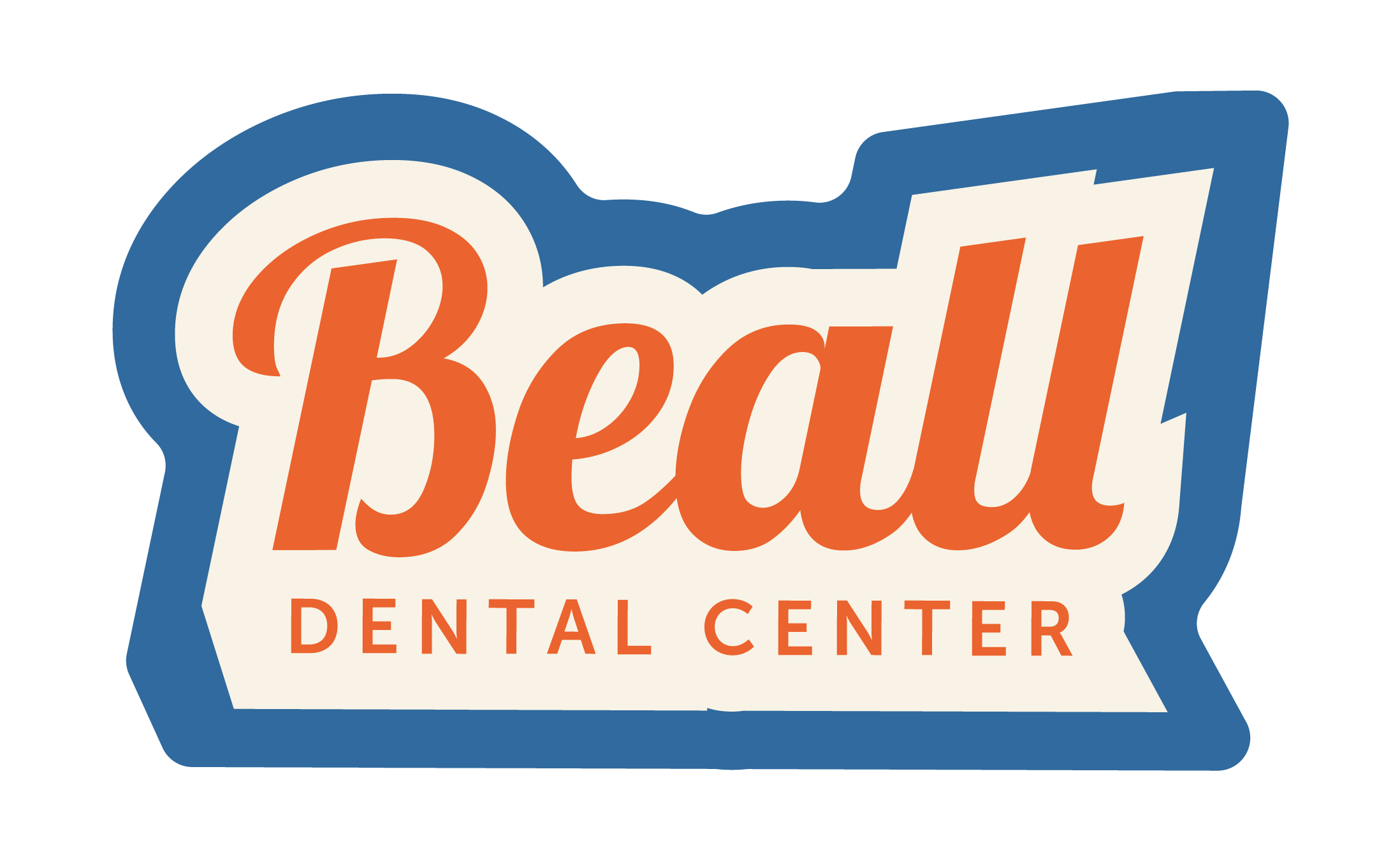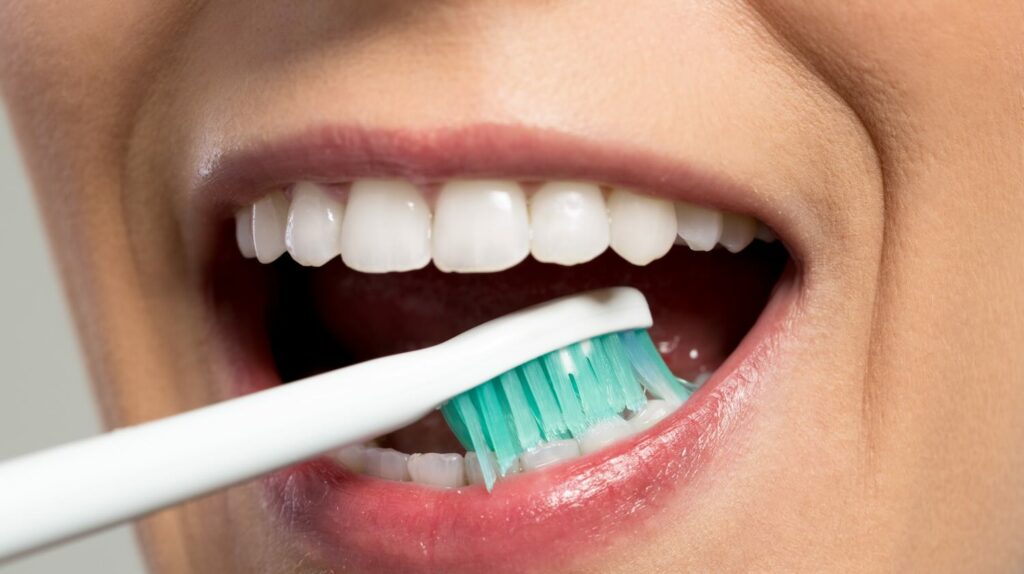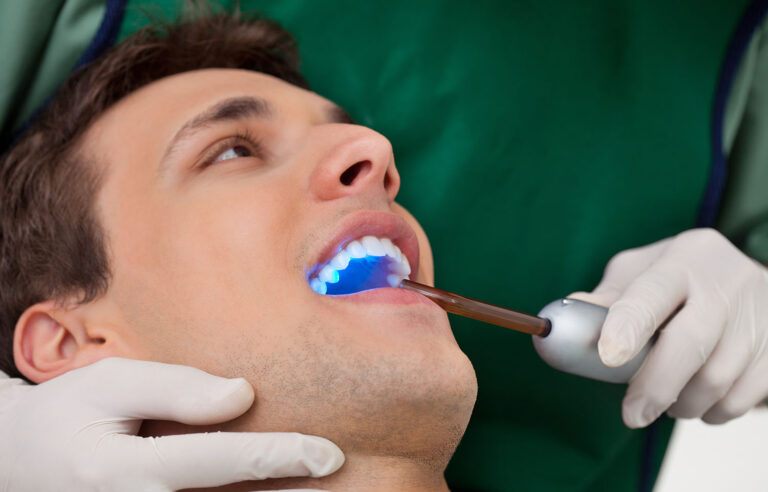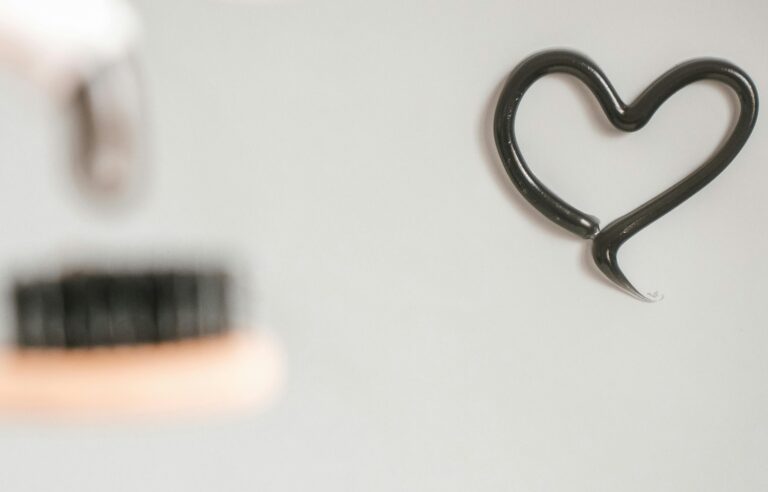Do you remember the last time you bought a new toothbrush? Most of the time, dental hygiene does not get the attention it needs. However, there are many rules and important steps you can take to help you maintain optimal dental health.
How to Keep Your Toothbrush Clean
If your toothbrush is not taken care of correctly, it can cause bacteria and fungus to grow in the bristles. Be sure to always rinse and dry your toothbrush after every use. Keeping multiple toothbrushes together in a cup or holder can cause bacterial cross-contamination among the bristles, so it is best to avoid storing toothbrushes side by side. It is recommended that you keep each toothbrush a couple of inches apart from each other. When traveling, it is very important to keep your toothbrush head covered. This helps reduce the spread of germs onto your toothbrush.
When to Change Your Toothbrush
The American Dental Association (ADA), recommends that we replace our toothbrushes every three months. This is the average length of time it takes for the bristles to wear down. Toothbrushes go through normal wear and tear, making the brush less effective in removing plaque from your teeth and gums.
Germs and bacteria can live in the bristles of your toothbrush. This makes it important to replace your toothbrush after getting sick. This will help keep your brush clean and reduce the risk of becoming reinfected.
If you lose track of the time you have had your toothbrush, pay attention to the condition it is in. If the bristles are worn, frayed or fanned out it might be time to buy a new toothbrush.
What Happens When You Don’t Change Your Toothbrush
Besides fungus and bacteria growth, there are many risks and issues associated with not replacing your toothbrush. One risk includes damaging your gums. When your toothbrush becomes ineffective from wear and tear, it does not remove the plaque from your teeth and gums as it should. This can lead to gingivitis, which can cause teeth to fall out if left untreated! The growth of bacteria and mold from an overused toothbrush can also cause you to get sick.
What To Look For When Buying a New Toothbrush
It is always a good idea to ask your dentist for recommendations. Based on your individual needs, your dentist can give you advice on what kind of toothbrush is right for you. A common suggestion is to look for brushes with soft bristles rather than hard bristles. Hard bristled brushes can damage your gums and teeth. Another suggestion is to choose a brush with a head size that touches two teeth at a time.
You might want to consider buying an electric toothbrush. Electric brushes have been proven to improve oral health better than a manual toothbrush as they remove plaque, reduce gingivitis and eliminate tooth staining more effectively.
If you have any questions or concerns regarding your toothbrush, give Beall Dental Center a call to schedule an appointment.




